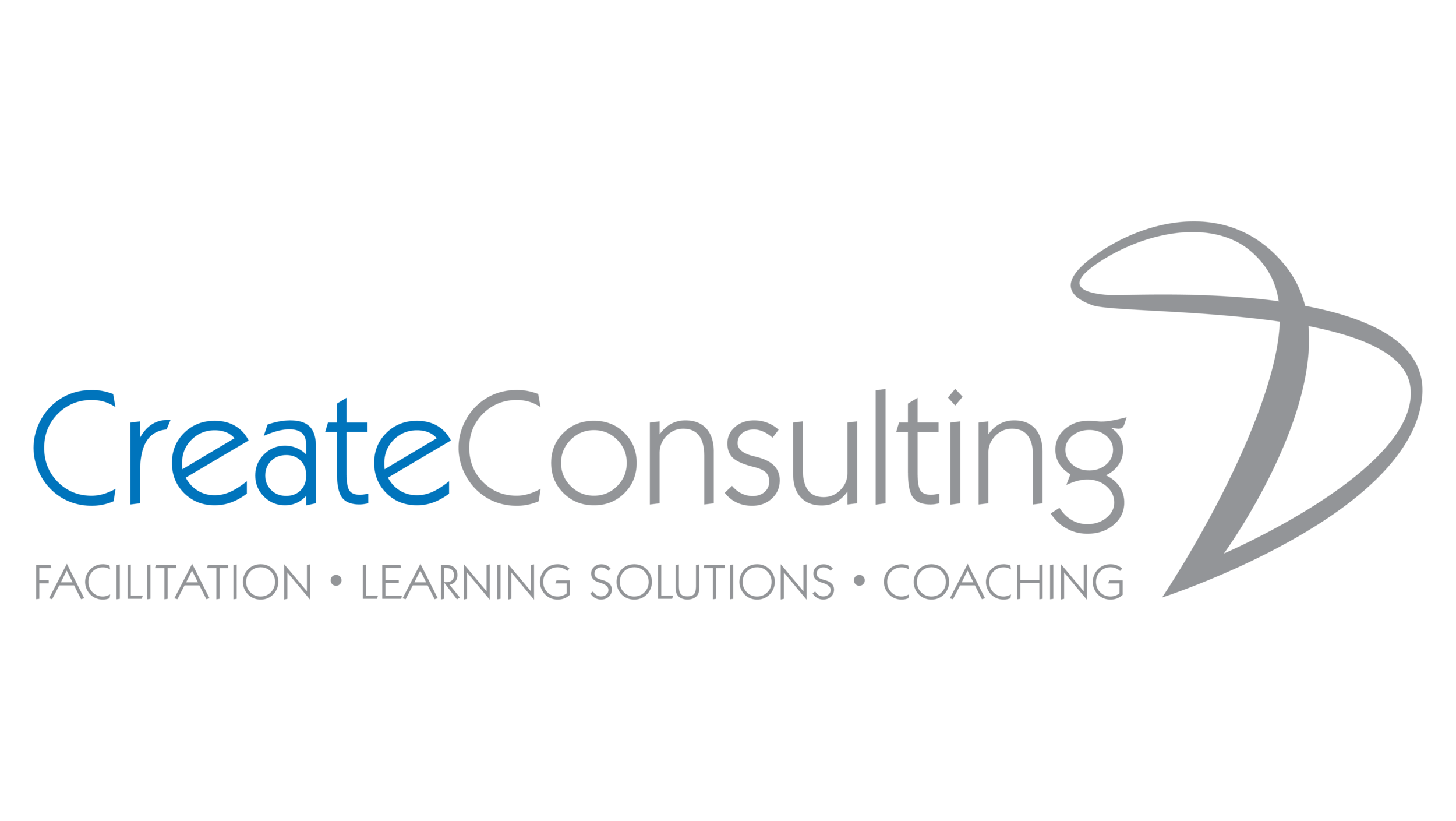
Time to Think, the work of Nancy Kline, teaches us about the Thinking Environment® . Her research shows that human beings can, by creating the right conditions, help others to be self-directed, generate ideas, solve problems and make decisions. At the heart of her work is the underlying embedded assumption that the quality of everything we do is influenced by the quality of the thinking we do first. As human beings, we do a lot of thinking, but not necessarily good thinking. Advances in neuroscience are offering us new insight into what may be happening in the brain when it experiences a Thinking Environment®.
Ten Components lie at the heart of this work – behaviours that generate the finest independent thinking.
The quality of everything we do depends on the quality of the thinking we do first.
The quality of our thinking depends on the way we treat each other while we are thinking.
Transforming Meetings®
We spend more than two-thirds of our time in meetings. How effective are your meetings? Could they be more engaging and energising? And critically, do they produce the finest thinking from everyone?
Groups that become Thinking Environments® consistently produce meetings of this calibre – saving a lot of time and money.
Transforming Meetings® (2 days plus follow up) teaches groups how to use the meeting structure of a Thinking Environment® to engage each person’s mind fully; to produce respectful; robust discussion; to make compelling presentations and to make decisions of exceptional quality.
The programme also includes a real-time business meeting, achieving concrete business results. It includes the Time To Think Council, an elegant means of accessing peer knowledge and experience.
Our Approach:
OUR THINKING ENVIRONMENT® WORKSHOPS:
Transforming Meetings®
Time to Think Council
The Transforming Meetings® Assessment
This online meeting diagnostic (blue) graphically depicts the strengths and weaknesses of your meetings across each of the factors that drives successful meetings (Collaboration, Innovation, Delivery, Excellence and Mindfulness).
The post-intervention impact assessment (yellow) measures the transfer of learning and impact across these same factors.
The spider-graph shows the impact within one of our clients with a total average of 115% across the factors.




